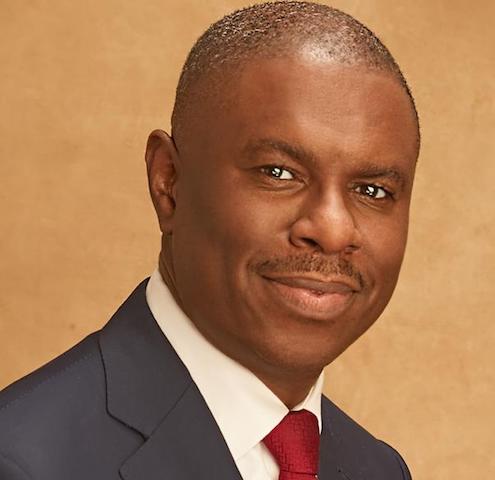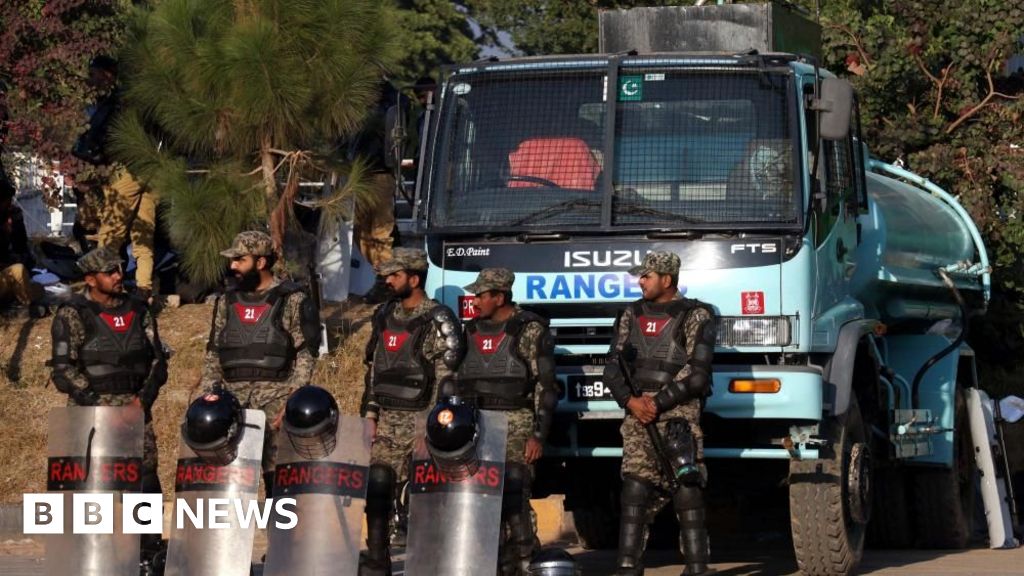In recent weeks, Equatorial Guinea has been rocked by an explosive scandal involving leaked sex tapes of Baltasar Ebang Mr Engonga, a senior civil servant and nephew of President Teodoro Obiang Nguema.
What began as a salacious scandal may, in fact, be the latest power play in the fight over the country’s presidential succession.
Dozens of explicit videos—estimated between 150 to more than 400— surfaced on social media, showing Mr Engonga, known as “Bello” for his good looks, engaging in sexual acts with multiple women in his office and other locations. Some of the women were reported to be the wives and relatives of high-ranking officials, adding fuel to the political firestorm.
While the identity of those who leaked the tapes remained unclear, some speculated that the scandal was part of a coordinated effort to discredit Mr Engonga. He was one of several figures thought to be vying to replace President Nguema, the world’s longest-serving president, who has ruled Equatorial Guinea since 1979.
As news of the tapes spread, observers began questioning the timing and purpose of the leaks. Just days before the videos surfaced, Mr Engonga was arrested on charges of embezzling state funds and was held in the notorious Black Beach prison. His phones and computers were confiscated, leading to suspicions that security forces may have been involved in leaking the recordings.
Equatoguinean activist Nsang Christia Esimi Cruz, speaking from London on the ‘BBC Focus on Africa’ podcast, suggested that the scandal was part of a larger power struggle. “What we are seeing is the end of an era, the end of the current president, and there is a succession [question] and this is the internal fighting we are seeing,” said Mr Cruz.
He believed Vice President Teodoro Obiang Mangue—who also happened to be the president’s son—was using the scandal to eliminate political opponents, including Engonga.
The vice president made headlines before for his extravagant lifestyle, which included once owning a $275,000 crystal-encrusted glove worn by Michael Jackson. However, Mr Cruz alleged that the vice-president, along with his mother, was now clearing the path for his ascension to power by sidelining potential challengers.
While the leaked videos captivated the public beyond Equatorial Guinea, some activists argued that the real issue was much larger. Equatorial Guinea was plagued by economic decline as its once-booming oil reserves dwindled. Despite vast wealth among a small elite, many of the country’s 1.7 million residents continued to live in poverty. The Nguema administration faced numerous accusations of human rights abuses, including arbitrary killings and torture, according to a United States government report.
Activist Cruz expressed frustration that international attention focused on the sex scandal rather than the broader problems facing the country. “Equatorial Guinea has much bigger problems than this sex scandal,” he said, explaining that the leak is “just a symptom of the illness, it’s not the illness itself.”
Indeed, palace intrigue has long been a defining feature of Equatorial Guinea’s political landscape. Although the country held regular elections, there was no meaningful opposition. Political rivals and activists were often jailed or exiled, and allegations of coup plotting were common. The scandal appeared to be the latest chapter in this ongoing struggle for power.
In response to the scandal, Vice-President Obiang Mangue took swift action. On October 30, he ordered telecom companies to curb the spread of the videos. “We cannot continue to watch families fall apart without taking any action,” he wrote on X (formerly Twitter). Despite the efforts, the clips continued to circulate.
Engonga faced additional legal troubles. The police encouraged the women involved in the videos to file complaints, and at least one has announced her intention to sue him for non-consensual distribution of the tapes. It remained unclear why Engonga recorded his sexcapades, though some suggested it was for personal leverage.
LEADERSHIP reports that on November 6, the vice-president called for the installation of CCTV cameras in government offices “to combat indecent and illicit acts” and ordered that officials caught engaging in sex at work be suspended. He also lamented that the scandal had “denigrated the image of the country.”
The incident cast a shadow over President Nguema’s legacy as his 44-year rule neared its end. His administration’s crackdown on social media, including temporary internet suspensions during protests earlier this year, raised concerns among activists. Mr Cruz suspected he government may use this scandal as a pretext to impose further restrictions on social media, the main platform for information dissemination in the country.
While the sex tapes brought international attention to Equatorial Guinea, particularly in neighbouring Kenya, Nigeria, and South Africa, the larger issue remained the uncertain future of the presidency. With various factions jostling for power, the country’s political elite appeared to be on the brink of a major reshuffle—one where sex, scandal, and secrecy continued to play pivotal roles.

 2 weeks ago
42
2 weeks ago
42















 English (US) ·
English (US) ·